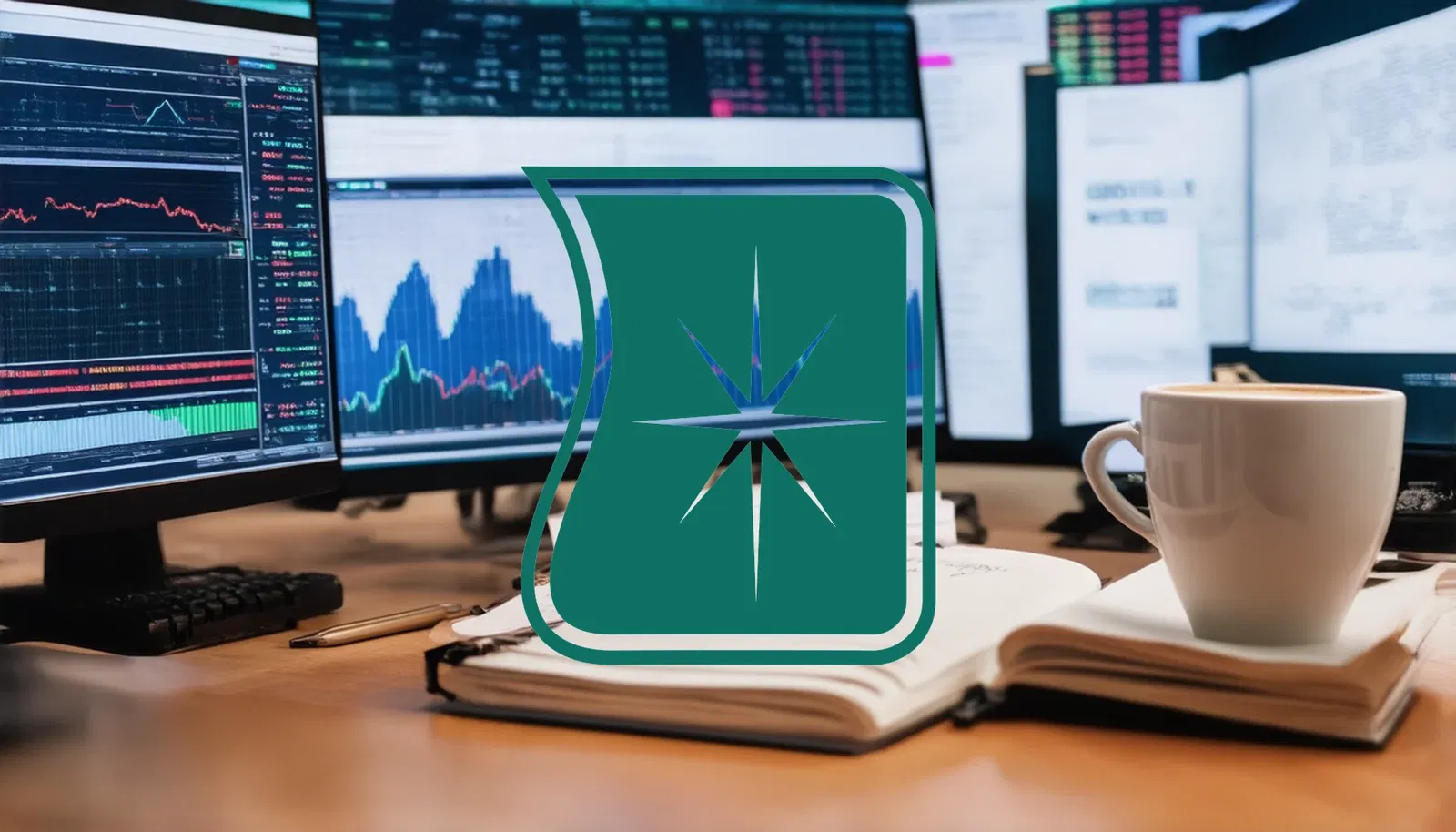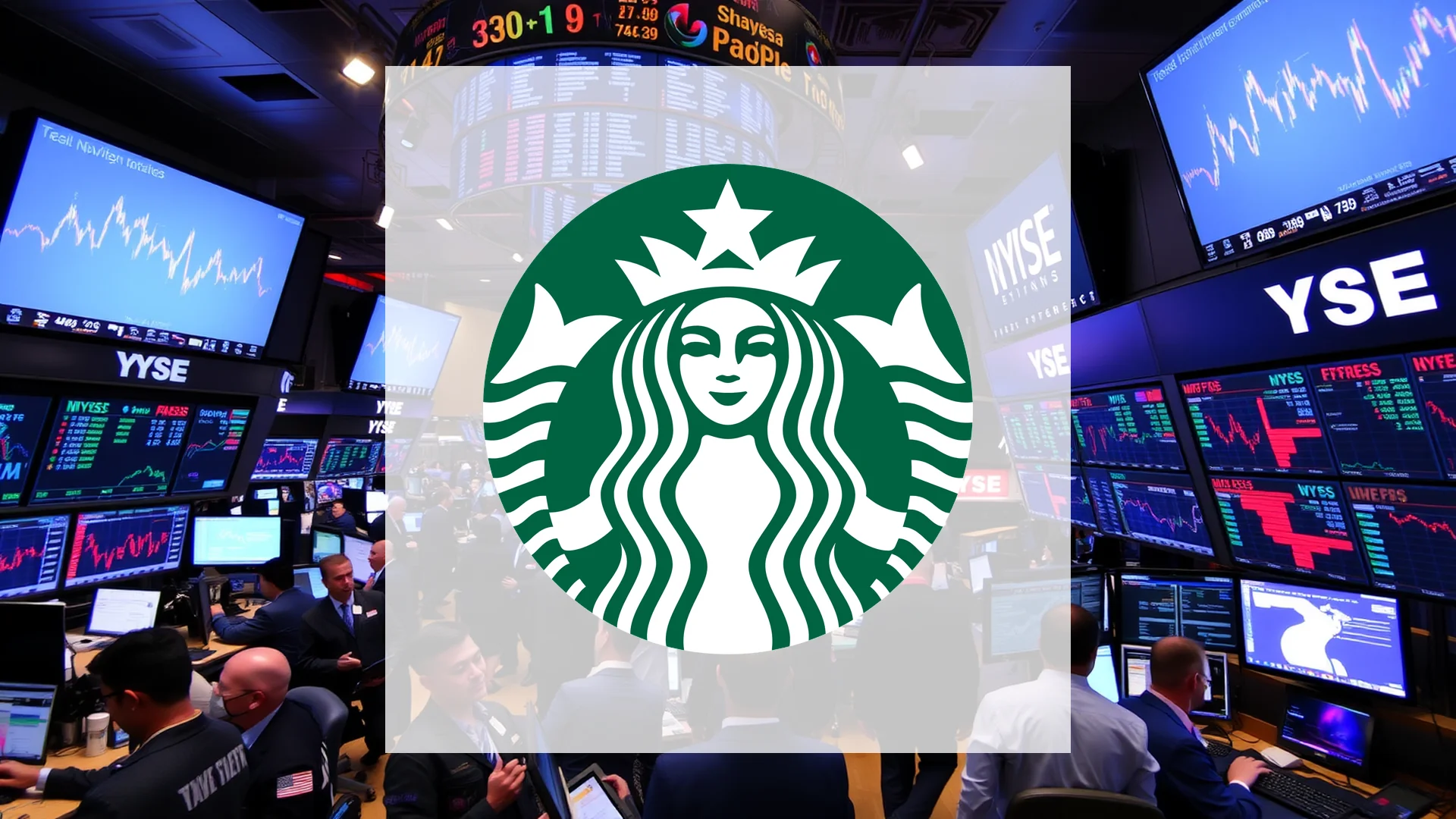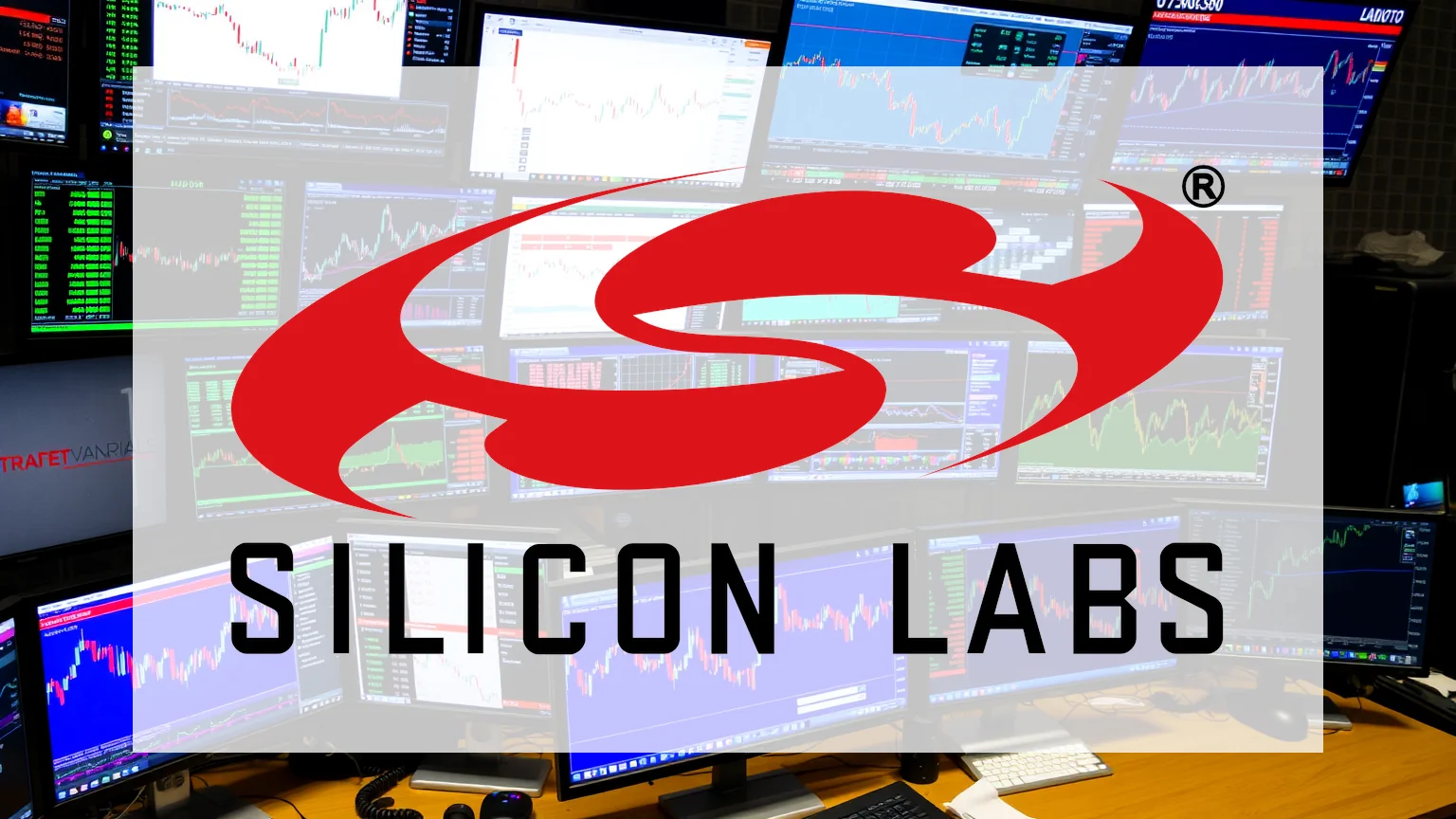A remarkable shift is occurring within US equity markets as smaller companies stage an unexpected resurgence, outperforming their large-cap technology counterparts. This reversal comes following the Federal Reserve’s recent interest rate reduction, which has prompted substantial capital movement toward the small-cap segment. The iShares Russell 2000 ETF (IWM), tracking nearly 2,000 individual holdings, finds itself positioned directly within this emerging trend.
Market Dynamics Favor Smaller Enterprises
The altered stance in US monetary policy has created particularly favorable conditions for smaller corporations. While major technology stocks have recently demonstrated weakness, small-cap equities posted significant gains during September, clearly surpassing large-cap performance. The driving factors behind this shift include improved access to affordable credit and market expectations of additional rate cuts, both of which disproportionately benefit companies with greater capital constraints.
Diversification Strengthens Investment Appeal
The ETF’s structural composition presents a compelling case for diversification, with its top ten holdings representing merely 5% of total assets. Significant allocations include technology and energy sector constituents such as Credo Technology and Bloom Energy. The fund’s sector distribution effectively mirrors the broader US economic landscape, featuring substantial exposure to financial services (17.5%), technology (17%), industrial sectors (16%), and healthcare (15%). This balanced allocation across economic segments may provide strategic advantages in the current environment.
Should investors sell immediately? Or is it worth buying iShares Russell 2000 ETF?
Performance Metrics and Investor Interest
Recent data underscores growing institutional and retail interest, with the ETF attracting nearly $2 billion in new capital during September alone. IWM maintains excellent trading liquidity, evidenced by average daily volume exceeding 37 million shares. Performance statistics reinforce the positive momentum: the fund has delivered returns of +9.4% over three months and +8.8% year-to-date, indicating renewed strength within the small-cap universe.
Competitive Positioning in the ETF Landscape
Within the small-cap ETF category, IWM maintains a dominant position with $71 billion in assets under management and an expense ratio of 0.19%. The fund competes effectively against alternatives like the Vanguard Small-Cap ETF and Schwab U.S. Small-Cap ETF, leveraging its established market presence and superior liquidity metrics.
The critical question for investors remains whether the iShares Russell 2000 ETF can maintain its leadership position and capitalize on the ongoing small-cap enthusiasm. Current monetary policy developments combined with the fund’s structural characteristics suggest smaller companies may continue challenging their larger counterparts for market leadership.
Ad
iShares Russell 2000 ETF Stock: Buy or Sell?! New iShares Russell 2000 ETF Analysis from February 7 delivers the answer:
The latest iShares Russell 2000 ETF figures speak for themselves: Urgent action needed for iShares Russell 2000 ETF investors. Is it worth buying or should you sell? Find out what to do now in the current free analysis from February 7.
iShares Russell 2000 ETF: Buy or sell? Read more here...












